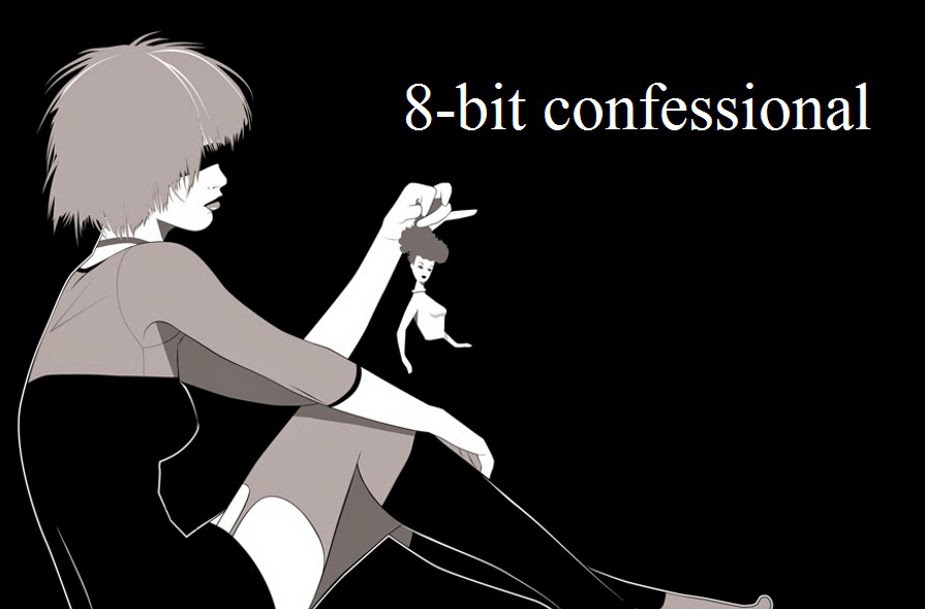
Sometimes you just get a line in your head, and you have to write an essay around it.
In this case, it was this line: “Much like telling an erotic story within a Victorian backdrop seems ever so sexy (it is so much more fun unbuttoning something that seems to be so very buttoned up), human depravity juxtaposed against a seemingly golden age of good, moral values is darkly comic and that much more disturbing.”
This might seem weird to be focusing on if you read the essay though, which is about the retro aesthetics of Fallout 3 and Bioshock:
You Say Apocalypse, I Say Retro Chic








